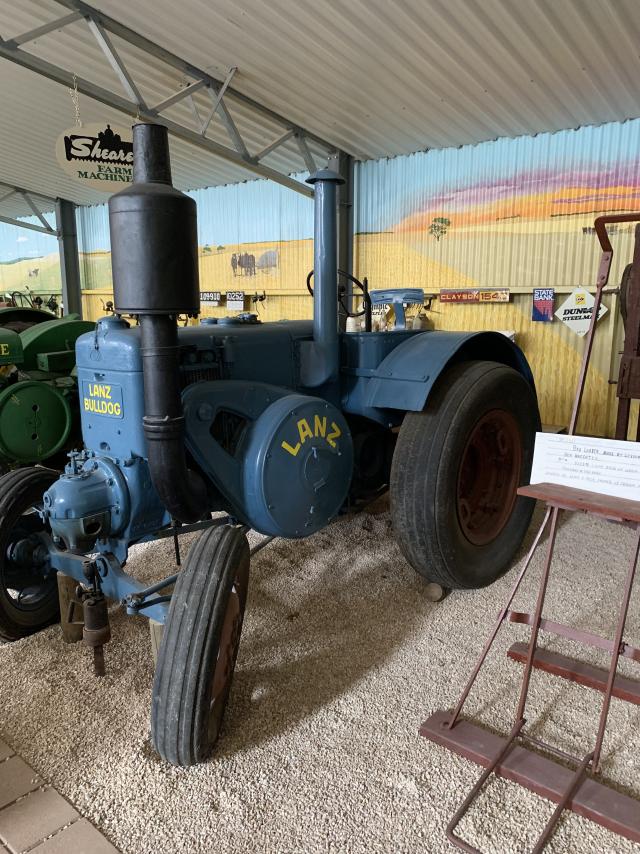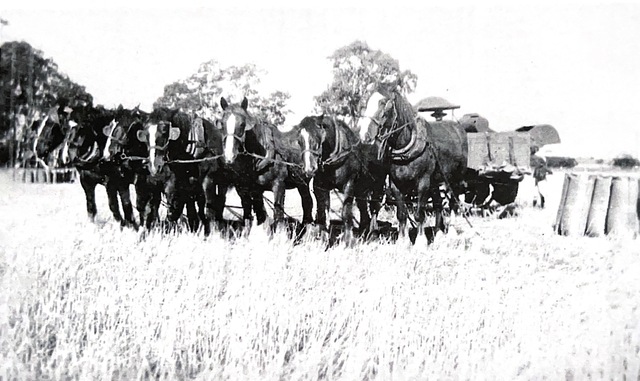Although nowhere near the biblical floods forecast by the Bureau of Meteorology (BOM), last week’s rain was welcome and timely.
Rapid-fire showers throughout the week meant most areas received at least 14mm with many regions fairing much better.
Crops were desperate for a drink. On heavier ground, some crops had already started to burn off, a clear sign moisture reserves had run dry.
We now move into September and as always this is the tipping point. Areas that have scored significant rain are set up for an average year, whilst those that did not fare so well are going to be looking for substantial spring rainfall.
The forecast from the BOM, which I am sure most farmers will be pinning their hopes on, is a good chance of exceeding average rainfall for South Australia due to the impending negative Indian Ocean Dipole.
The next two months will determine whether 2025 is remembered as a season saved or a season lost.
Rainfall totals (mm) for week till Sunday:
Glen Bubner, Alma – 32
Wayne Molineux, Tarlee – 40
Jim Franks, Mallala – 21
Rob Saint, Erith – 24
Derek Schulz, Wild Horse Plains – 15
Justin Zweck, Blyth – 22
Matt Vogt, Hamilton – 45
Steve Schiller, Tanunda – 28
Andrew Parkinson, Riverton – 39
Craig Davis, Salter Springs – 38
Andy Barr, Pinery – 21
Trevor Cliff, Kimba – 14
Darren Schilling, Bute – 22
Andrew Parker, Hoskins Corner – 18
Brodie Pearson, Darke Peak – 9
Pat Redden, Clare – 24
Andrew Plueckhahn, Manoora – 50
Kim Vater, Saddleworth – 39
Gaye Kuerschner, Black Rock – 25
Andrew Manuel, Skilly Hills – 40
Brian Parker, Owen – 26
Bill Hean, Auburn – 53
Sophie Parker, Eudunda – 36
Ross Wiech, Bright – 30
Angus Wiech, Swan Reach – 18
Horse vs Tractor – the debate rages
From the Adelaide Advertiser, 14 July, 1922 – “With the advent of the fallowing season, the tractor question has again cropped up. In this district, owing to the heavy, boggy nature of the soil, farmers do not consider them suitable, but towards Mallala where the ground is level and the soil lighter, tractors are becoming increasingly popular. A discussion took place at the Owen branch of the Agricultural Bureau tonight and the general opinion was that owing to the expensiveness of the machine, the present high tariff, the costliness of fuel, and repairs, it could not be worked as economically as horses. The difficulty of securing competent drivers was also considered a drawback.”
(I was not at this meeting, in case you were wondering: ed.)









